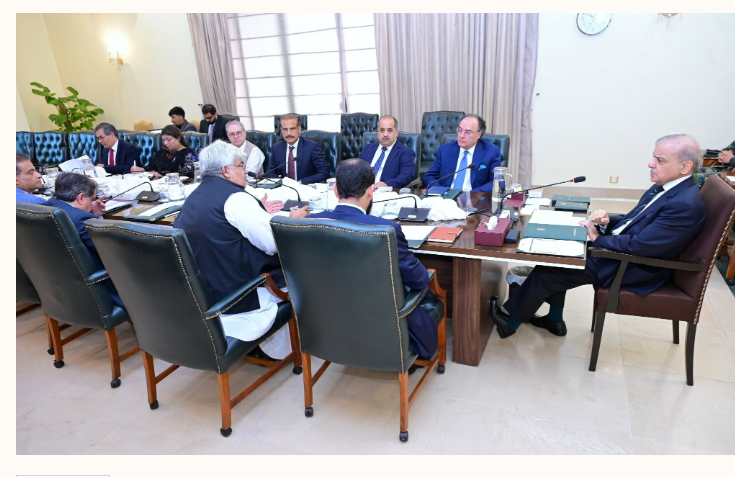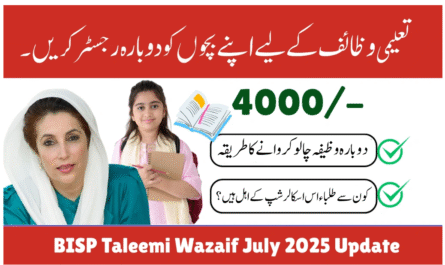Date: July 7, 2025
Location: Islamabad, Pakistan
In a historic stride toward digital transformation, Pakistan’s Federal Board of Revenue (FBR) has officially launched the country’s first Artificial Intelligence (AI)-driven Customs Clearance and Risk Management System (RMS). This groundbreaking initiative was greenlighted by Prime Minister Shehbaz Sharif during a high-level meeting aimed at overhauling FBR operations.
🚀 Key Highlights & Performance Impact
- AI-driven valuation & classification
Deployed bots and machine learning algorithms now automatically assess the nature and value of imported and exported goods—significantly reducing reliance on manual processes. - 92–98% improved efficiency
Initial testing revealed a 92% boost in overall performance—with some reports citing up to 98% efficiency gains. - 83% surge in tax declarations
The new system flagged 83% more Goods Declarations (GDs) for taxation, indicating sharper detection capability. - 2.5× increase in green‑channel clearance
Low-risk shipments now pass through customs much faster—two and a half times more green-channel clearances were recorded. FBR Launches Pakistan’s First AI-Powered
🌐 Why This Matters?
- Enhanced transparency
Automating classification minimizes human discretion—helping curb inefficiencies and corruption entrenched in manual systems. - Time-efficient for traders
Business community benefits from faster Customs clearance, reducing delays and operational costs, and fostering ease of doing business. - Revenue & economic impact
By capturing more taxable shipments and speeding up clearance cycles, the system positions Pakistan for stronger revenue inflows.
🧭 Government Vision & Future Plans
Prime Minister Shehbaz Sharif described the system as a top priority in the current drive to modernize tax infrastructure:
“By automating the tax system, we are making it more transparent and effective.
He also emphasized the importance of integrating this system sustainably across Pakistan’s customs network. In the same session, officials showcased a video-analytics system aimed at automating tax collection in the manufacturing sector—also reporting a 98% efficiency rate during early tests.
🔍 What Lies Ahead?
- Nationwide integration: Authorities intend to expand RMS across all major ports, airports, dry ports, and border crossings—extending to Pakistan Single Window (PSW) frameworks. Integration with is expected to crystallize shortly.
- Adaptive, learning system: The RMS will evolve continuously, enhancing accuracy and efficiency as it processes trade data over time.
- Broader digital agenda: This project aligns with broader FBR digital reforms—such as faceless customs assessment and e-commerce facilitation efforts—reinforcing Pakistan’s shift toward a fully data-driven trade ecosystem.
🧾 Final Take
This AI-driven RMS marks a defining moment in Pakistan’s public sector modernization: improving revenue collection, enhancing trade facilitation, and building investor confidence. While Pakistan has made strides with digital initiatives like the Pakistan Single Window and WeBOC, this new system represents the first true nationwide leap into intelligent, automated customs.
The real test will be its rollout scale and operational resilience, but early metrics are extremely promising. If sustainably integrated, this tech-driven model could redefine customs operations—not just in Pakistan, but set a benchmark for the region.



